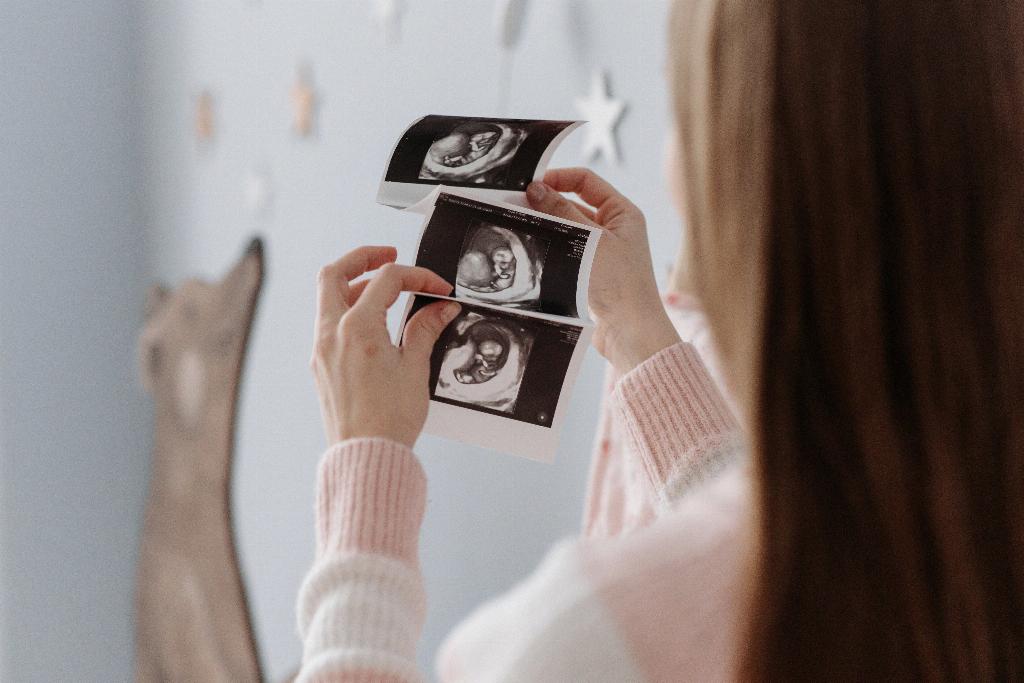When it comes to the question of why a woman cannot get pregnant again during pregnancy, there are several physiological factors at play that create a natural barrier to conceiving a second time while already pregnant.
One of the primary reasons has to do with the hormonal changes that occur in a woman’s body during pregnancy. These hormonal shifts serve to regulate the menstrual cycle and prevent the release of additional eggs, thereby making it unlikely for fertilization to take place.
Furthermore, the presence of progesterone, a hormone critical for maintaining the uterine lining during pregnancy, plays a role in inhibiting ovulation. This suppression of ovulation is essential to ensure that the body remains focused on supporting the existing pregnancy rather than initiating a new one.
Another key factor that contributes to the impossibility of getting pregnant again during pregnancy is the formation of thick cervical mucus. This unique type of mucus, produced in response to pregnancy hormones, acts as a physical barrier to prevent sperm from reaching and fertilizing an egg.
Moreover, the fertilization process itself is complex and requires precise timing and conditions for success. Once an egg is fertilized, it must travel through the fallopian tubes and implant into the uterine lining to develop into a pregnancy. However, the hormonal changes associated with an existing pregnancy make it extremely challenging for a second fertilized egg to successfully implant and grow.
Additionally, the body’s immune system plays a crucial role in protecting the developing fetus from potential threats. In the context of a second pregnancy attempting to occur simultaneously, the immune response may be heightened, further reducing the likelihood of a successful conception.
Furthermore, the physical demands of supporting a growing fetus require significant energy and resources from the mother’s body. Initiating a second pregnancy during this critical period could place excessive strain on the maternal system and jeopardize the health and development of both pregnancies.
Another consideration is the potential risk of complications associated with multiple pregnancies, such as premature birth, low birth weight, and other health issues for the infants. The body’s ability to successfully carry and deliver one healthy baby is already a remarkable feat, and introducing another pregnancy concurrently could significantly increase these risks.
It is essential to recognize that nature has its way of ensuring the optimal conditions for reproduction and the survival of offspring. By preventing a woman from getting pregnant again during pregnancy, the body effectively prioritizes the well-being of the existing fetus and minimizes the potential risks associated with multiple gestations.
In conclusion, the intricate interplay of hormonal, physical, and immune factors during pregnancy establishes a natural barrier that prevents a woman from conceiving again while already pregnant. This inherent mechanism serves to safeguard the health and success of the current pregnancy, emphasizing the remarkable complexity and sophistication of the reproductive process.

